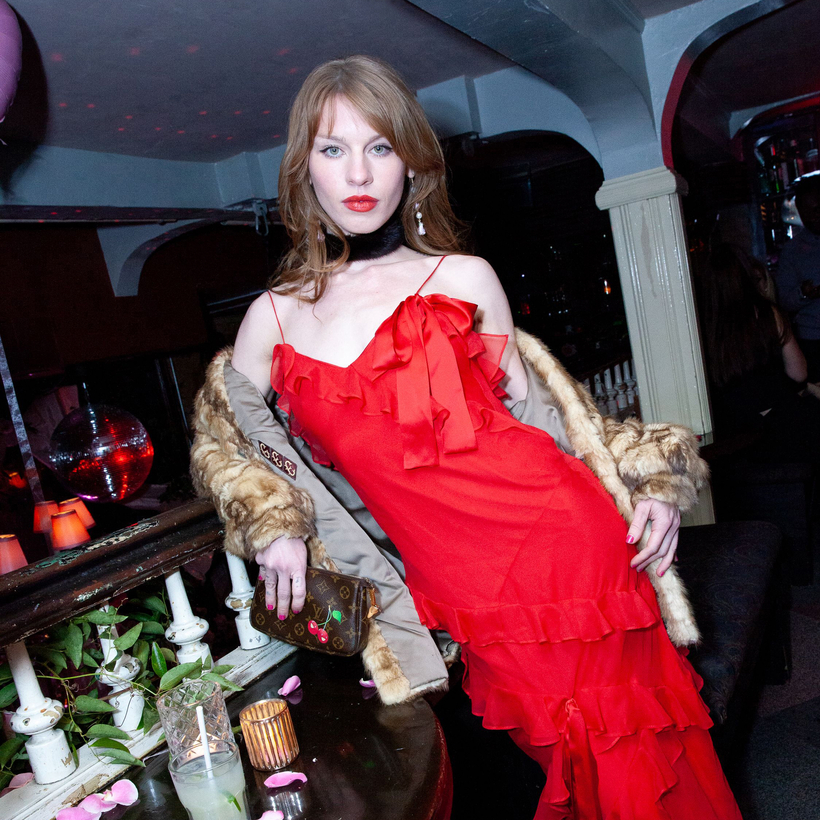At the age of 10, the model and oil heiress Ivy Getty formed a pop group called the Sparklets. Each member was named after a different scent of Secret Sparkle, the tween-age deodorant. They’d sing at her grandmother’s parties on a portable karaoke machine. Then life happened, and Getty let the microphone gather dust.
But across the years, Getty would write thousands of lyrics in her Notes app, and record little hums of melodies for potential songs. “I don’t really have a diary. I just wrote songs,” she says. Her father, John Gilbert Getty—grandson of the oil tycoon J. Paul Getty—was an amateur rock musician. Her grandfather Gordon Getty, the philanthropist and sometime classical composer, was once the richest man in America.


